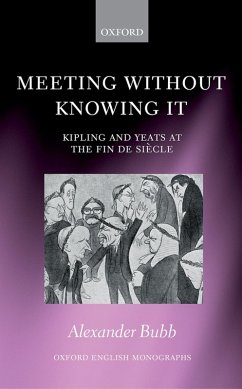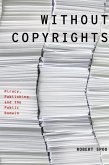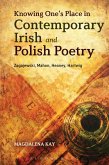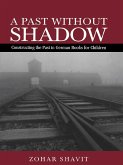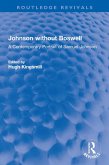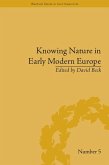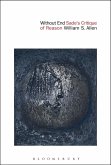Meeting Without Knowing It compares Rudyard Kipling and W.B. Yeats in the formative phase of their careers, from their births in 1865 up to 1903. The argument consists of parallel readings wed to a biographic structure. Reading the two poets in parallel often yields remarkable discursive echoes. For example, both men were similarly preoccupied with the visual arts, with heroism, with folklore, balladry and the demotic voice. Both struck vatic postures, and made bids for public authority premised on an appeal to what they considered the 'mythopoeic' impulse in fin de si?cle culture. My methodology consists in identifying these mutual echoes in their poetry and political rhetoric, before charting them against intersections in their lives. Kipling and Yeats were, for much of their careers, irreconcilable political enemies. However, a cross-reading of the two poets' bardic ambitions, heroic tropes and interpretations of history reveals that, to achieve their opposed political ends, they frequently partook of a common discourse. Supplementing this analysis with biographical context, we can trace these shared concerns to their late 19th century artistic upbringing, and to the closely linked social circles which they inhabited in fin de si?cle London. It is, in fact, their very mutuality during the 1890s which lent rancour to their ideological division after the Boer War. In turn, acrimony and denunciation only served to bind together all the more intimately, in an argumentative spiral of revolving discourses, two men who were often proximate but who actually met only in cartoons and satirical gossip.
Dieser Download kann aus rechtlichen Gründen nur mit Rechnungsadresse in A, B, BG, CY, CZ, D, DK, EW, E, FIN, F, GR, HR, H, IRL, I, LT, L, LR, M, NL, PL, P, R, S, SLO, SK ausgeliefert werden.

